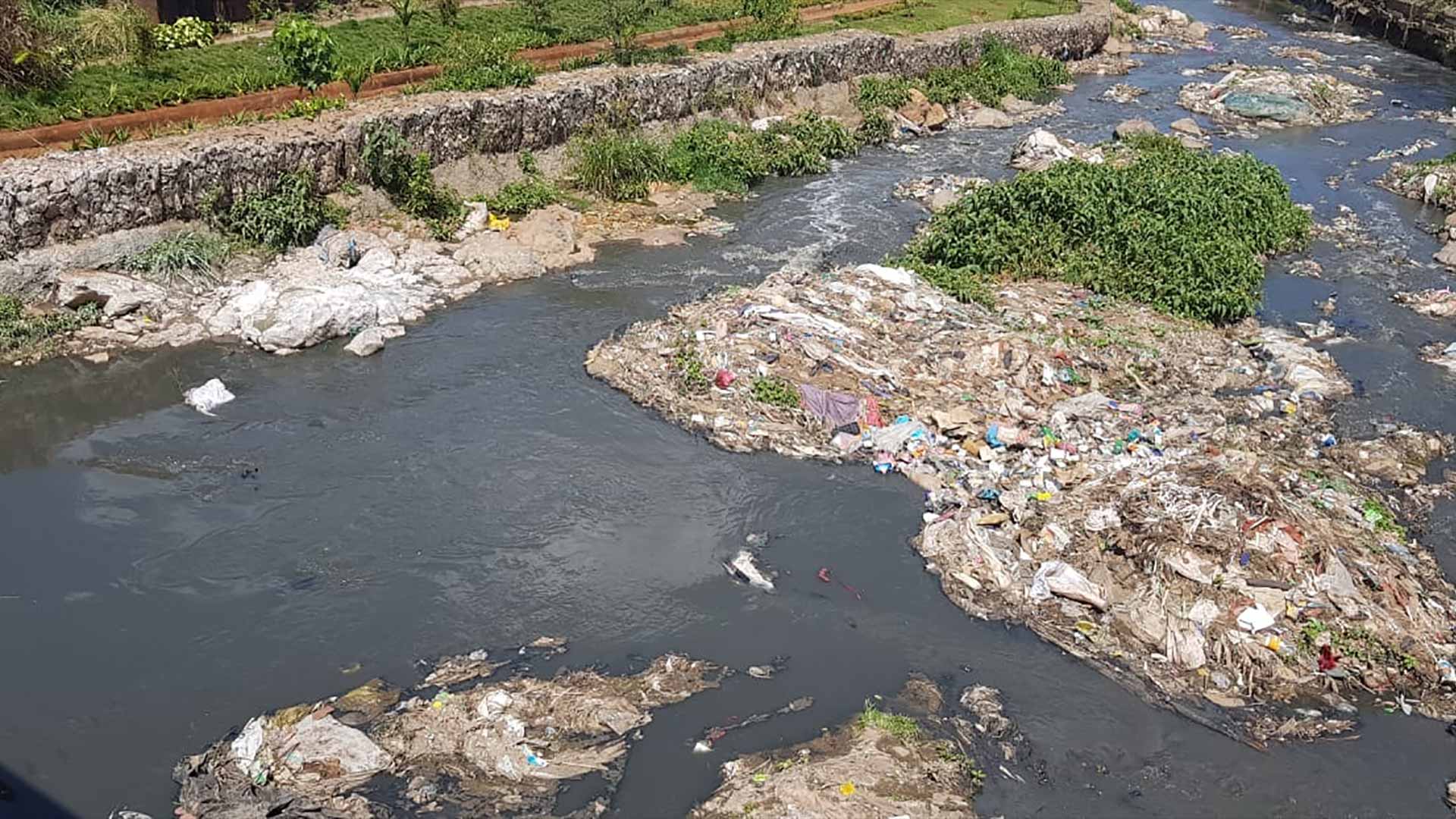Marine litter is a global issue, caused by unsustainable production and consumption, combined with poor infrastructure and policy frameworks and enforcement of relevant policies. Poor waste management on land, is the leading cause for marine litter, therefore measures must be taken to stop the leakage of land-based litter into waterways.
Assessments to understand how much land-based waste ends up in waterways are important in the fight against marine pollution. Only by knowing why and how waste ends up in waterways can effective measures be created to stop this plastic leakage. Take the example of Mombasa, a coastal city in Kenya, where an assessment was done in 2019: the results show that 3.7 kg of plastic per capita enters the waterways each year. There are several issues preventing sustainable waste management in Mombasa such as lack of good roads and vehicles to collect and transport waste, and lack of systems to officially include informal actors or regulate the use of landfills and dumpsites.
Furthermore, if data is available, regional and global hotspots for marine litter pollution can be identified. Therefore, the project is aiming to identify global marine litter hotspots through modelling, which in the long term will contribute to reducing the amount of land-based litter leaking into waterways.
Not-for-Profit Organization and Governmental Institutions can submit their Expression of Interest to UN-Habitat on identifying and mapping hotspots of plastic waste leakage into the environment globally and in the Eastern Seas Region until 13th January (extended until 20th of January!).


